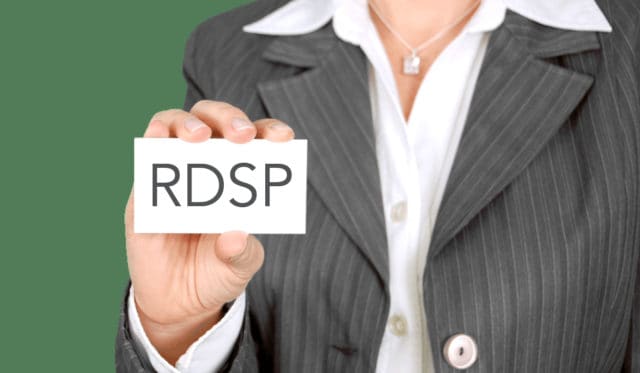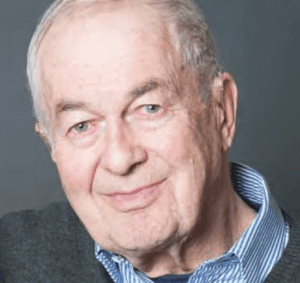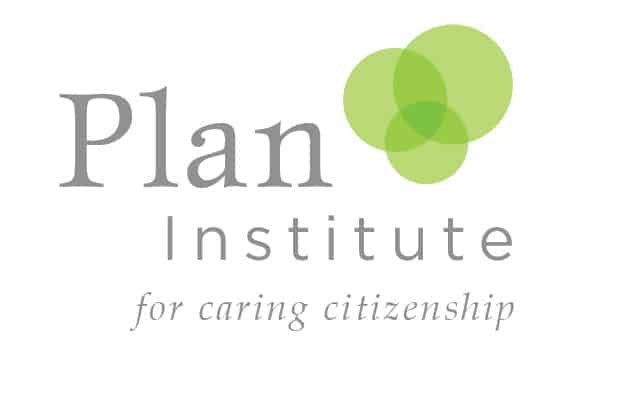By Dan McDonald

When it comes to spreading awareness of the Registered Disability Savings Plan (RDSP), how can professionals, organizations and individuals better help the community and spread awareness of this valuable tool for people with disabilities.
I have been a volunteer facilitator for numerous Registered Disability Savings Plan (RDSP) information sessions over the last six years. Recently, two experiences have left me with a vivid impression that will colour my future activities promoting the RDSP.
One recent story is of Cathy (not her real name) who is now 48 years old. Ten years ago she was diagnosed with a medical condition which, in my opinion, would have qualified her for an RDSP in 2008, the first year it was offered. Had she set up and RDSP, she would have qualified for all of the low income benefits, such as receiving at least $1,000 per year from the Canada Disability Bond. Furthermore, even with no contribution to the RDSP, by now (nine years later), with a 5% growth rate, her portfolio would be worth $14,900. If Cathy, her family, or friends had contributed $1,500 per year, her portfolio would now be worth $79,241.
But unfortunately for Cathy, no one told her about the RDSP and she has missed out on free money. No one in her extensive network of contacts within the “helping community” which ranged from bank staff, medical professionals, psychiatrists, service provides, and others, even mentioned the RDSP let alone advised her to set one up. Cathy now has $0 and rightly feels a deep sense of loss. Yes, she still has two years to receive some free government contributions if an RDSP is set up immediately but no government money will go into an RDSP beyond the year in which the beneficiary reaches age 49.
This leads me to the question – how can the professional community do more to help spread awareness?
Perhaps it is an issue of awareness. Over the last five information sessions that I have facilitated only one has had a professional staff person in attendance, while two had a person from the financial sector. Recently, I did a quick search of a few websites owned by “helping organizations specific to disabilities”, medical professional associations, and banks. It was clear that apart from the banks, none of the other organizations had any information on the RDSP and how it might benefit those that they serve.
My second thought is more personal: I am constantly left wondering ‘what is my responsibility as an individual with knowledge of the RDSP to spread awareness to people I see in my day-to-day life?’ I am a shy person and when I see an individual or a family where it appears they might benefit from the information, I never say anything. I simply don’t know what is best to do in such situations so I consistently do nothing.
During my recent out of town assignment I conducted a simple and easy experiment. Randomly, to persons I felt I could chat with I asked “In your circle of relatives, friends, or acquaintances do you know someone with a disability?” At my hotel I asked two different desk clerks that question. In one case, the clerk had a brother with autism. In the other case, the clerk had a husband with a severe physical disability. On the flight home I asked my seatmate. He has a niece with multiple sclerosis. I asked my seatmate on the SkyTrain and it was the one instance I did not receive a “hit”. Yes, it is a small sample. In all three cases of a “yes” response, they were very grateful for the quick bit of information that I could give them. In the one case of a “no” response there was simply a bit of curiosity but nothing at all negative.
The information I gave them was very short. If the person qualifies for the RDSP then in most cases they will likely receive at least $20,000 in free government money over their lifetime. Convenient information is on rdsp.com.
The issue for me is whether and to what extent I will expand my “experiment” into a habit. What is my moral responsibility to offer unsolicited information when it is potentially so beneficial?.
My invitation to you is to ask your friends and family members if they know someone with a disability who might qualify for the RDSP. You never know, you may be helping someone to have a more secure financial future.
 Dan McDonald is a Lifetime member of PLAN as well as a Certified Professional Accountant [CPA] with a PhD and a former accounting professor at Simon Fraser University. He immediately recognized the exceptionally generous terms of the RDSP when the plan was announced in 2008 and set one up for his daughter. He volunteers as a facilitator for many of the free RDSP workshops hosted by Plan Institute.
Dan McDonald is a Lifetime member of PLAN as well as a Certified Professional Accountant [CPA] with a PhD and a former accounting professor at Simon Fraser University. He immediately recognized the exceptionally generous terms of the RDSP when the plan was announced in 2008 and set one up for his daughter. He volunteers as a facilitator for many of the free RDSP workshops hosted by Plan Institute.
Related Resources:
- RDSP Information Sessions
- Will, Trust, & Estate Planning Workshop
- Facing the Future Together: Succession Planning Workshop
- RDSP.com
- Future Planning Tool Webinar – September 28th (Email [email protected] to register)
- Future Planning Tool – COMING SOON (Email [email protected] to be notified)
